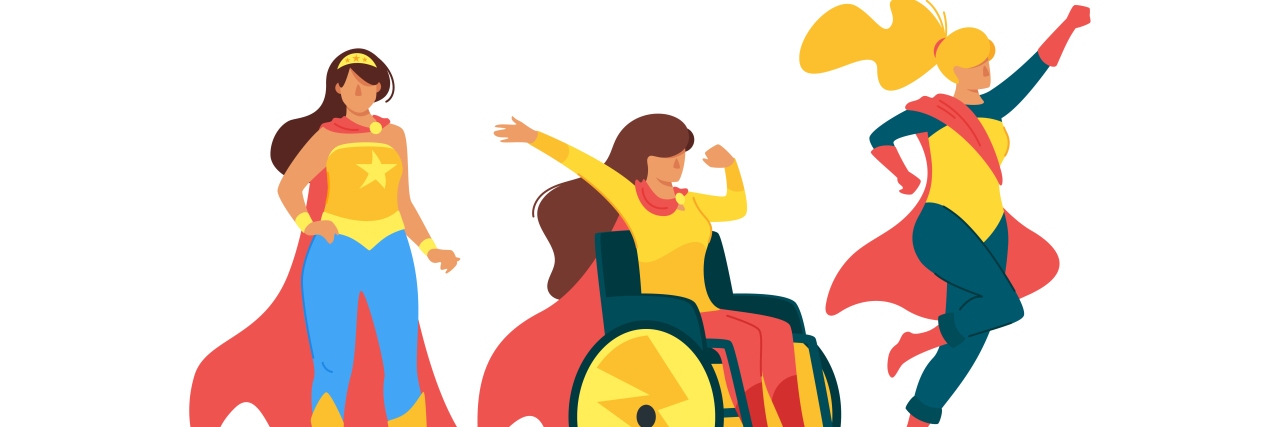Can you recall the last book you read about a person with a disability that did not fall under the self-help or parental guidance category? Chances are, if you can, the representation of that character with a disability was a Tiny Tim or Quasimodo-type portrayal.
Disability literature is an underdeveloped, largely ignored, genre. For the most part, when researching disability literature, you will find not actual literature or stories, but rather self-help and parental guidance type books. Moreover, a September 2014 article in Disabilities Studies Quarterly stated that many disability-related books have subliminal and/or outwardly negative messages about people with disabilities.
I find this particularly sad and have done my part to include positive, non-stereotypical characters with disabilities in my writing. Books of all kinds, including fiction, have been used to help educate people about things they might not be aware of or have understood for centuries. According to a 2015 study about cultural representation of disability in children’s literature, children’s books have been described as both a window and as a mirror. A book is a window through which a child can experience something new (regardless of their own experience), and a mirror where the child can see themselves in a character who shares similar experiences and feelings.
Following the logic of that study, disability literature provides a unique platform through which one can educate those who do not have knowledge of or have not grown up around people with disabilities. Additionally, writing disability literature geared toward children and young adults can help to educate them about disability at an age when they’re more likely to accept those with disabilities. Furthermore, disability literature can be used as a tool to influence how young adults view themselves and their disabilities.
Children in society today tend to idolize the princesses and superheroes featured in the TV shows and movies marketed to them. Many such characters are so beloved that they are featured in not only movies and TV shows but in books, toys and many other venues. Princesses like Cinderella and Snow White and superheroes like Spider-Man and the Incredible Hulk have been popular for decades and will no doubt continue to be, but in recent years new princesses like Elsa and Tiana and superheroes like Deadpool have been popularized. Tiana was created because it was 2009 and little girls who were black and African-American did not have a princess that looked like them yet.
Well, it’s 2020 and kids with disabilities still don’t have a princess or superhero that looks like them. I can’t create a Disney Princess or a Marvel Superhero, but I can write a book. I have done so twice thus far. My hope is that many children with disabilities, as well as their friends and loved ones, will read my books, be able to identify with the protagonists, accept themselves or their loved one, and live life to the fullest with or without a disability the way my protagonists eventually do.
I believe early education is the key to being successful at this endeavor, which is why I write young adult books about characters with disabilities that encourage self-acceptance and the acceptance of others. It is my belief and hope that if people with disabilities can accept and embrace our differences, eventually able-bodied people will as well. Hopefully sometime in the not so distant future, our differences will be merely differences instead of the things that set us apart.
I am doing my part to help this future become a reality by using my books and communication skills to encourage children to accept and embrace their differences and love themselves just as they are. Furthermore, by including characters with disabilities who have depth and are not stereotypical portrayals in my books, I am doing my part to change how kids see those with disabilities. Ultimately, I hope my efforts help able-bodied people and those with disabilities see that we are all just people who should love ourselves and one another just the way we are.
Getty image by Skathi.

